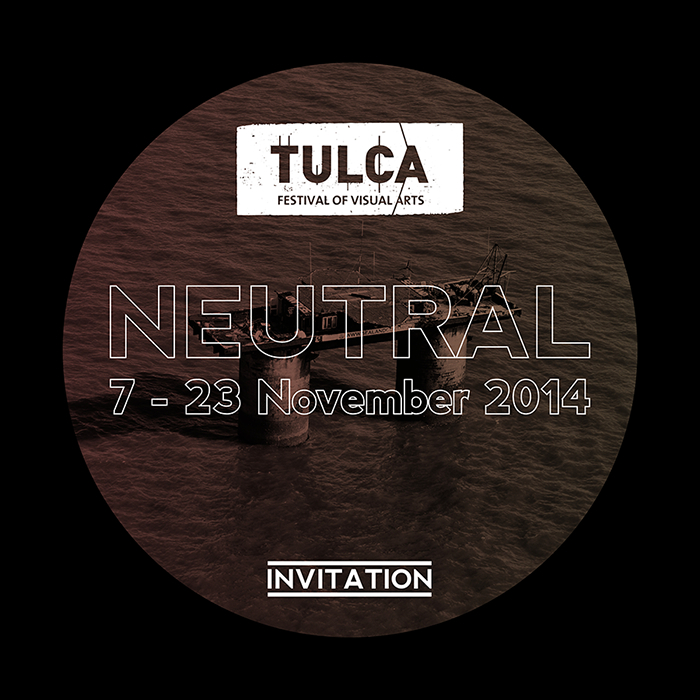
I am delighted to announce that I have been selected as one of the artists in this year’s Tulca Festival of Visual Arts, curated by Aisling Prior. The opening reception takes place on the 7th November and the festival is on from the 8th – 23rd November in venues in Galway City, Ireland.
Excerpt from the Tulca Website about Aisling Prior’s curatorial vision for this year’s Tulca:
“The exhibition will draw attention to the lure of stillness and of silence in this increasingly digital age where all of us, even those who chose to live in the most remote parts of a country, are known, traceable and expected to be readily reachable. Escape is impossible.
The reverie of the retreat to the wilderness is most famously celebrated in Thoreau’s Walden (1854). Within just a few decades after its publication, Thoreau’s romantic hero was anachronistic. The great malaise of the 20th century – ‘alienation’ – had taken its grip on society. Alienation, the source of all modern discontent, was the fallout from the industrial and subsequent technical revolutions, whose labour saving devices and opportunities for leisure caused a new ennui, and created an insurmountable chasm between man and his/her fellow human beings.
Any yearning for isolation was consequently discredited in the 20th century Western world. It was increasingly incumbent on newly mobile societies to be in constant flux, constant travel, – ‘holidays’ became normal. The attraction of urban life and its advantages were almost impossible to resist. And within this new world of easy communication and sociability, people who sought to be alone became feared, aroused suspicion, were termed a loner, an “odd bod”. And so, the anti-social person became the sociopath.
However, we have seen a backlash against the stigmatisation of solitude. Solitude is seen now as a powerful and necessary anti-dote to the pressures imposed on us in this digital age, which allows no cover for passivity. There is a seeming obligation to be in constant communication, to have an endless appetite for the consumption of information, and to embrace every opportunity to engage in the two-way discourse new social media and the internet affords. Even much contemporary art, the practice known as relational aesthetics, obliges us to fully participate in itself, the creation of the artwork being dependent on our engagement. But the expectation to engage has made us weary.
So it transpires that artists, philosophers, writers, designers, architects and psychotherapists are once again extolling the agency and virtue of non-doing, of contemplation and of quietness. “
Find more info about the other selected artists and this year’s festival at www.tulcafestival.com